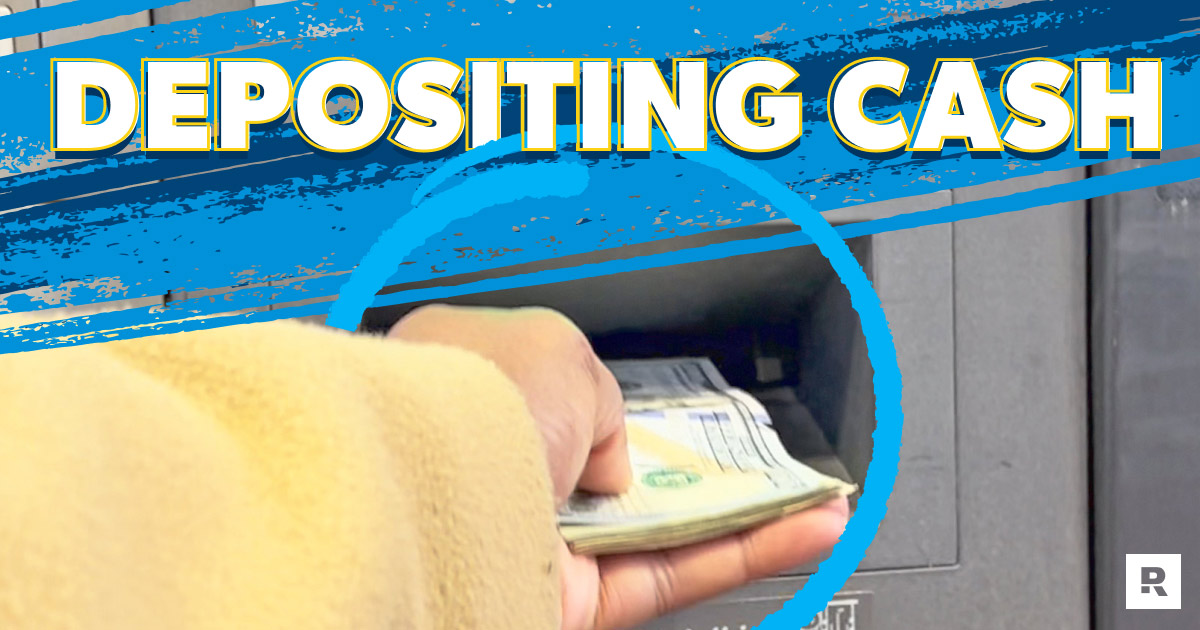#QuickBiteCompliance Day 49
What Are Cash Deposits, and How Do Bad Guys Use Them?
Let’s say you find a $5 bill and decide to put it into your piggy bank. That’s like making a cash deposit—you’re putting money somewhere safe. For adults, cash deposits happen at banks. They bring their money, deposit it into their account, and now it’s part of the banking system.
But here’s the problem: bad guys, like criminals, sometimes use cash deposits to hide their dirty money.
How Do They Do It?
Criminals who make money from illegal activities (like selling drugs or stealing) can’t just spend it freely—it’s suspicious! So, they try to “clean” their money by depositing it into banks. Here’s an example:
1️⃣ A criminal splits up a large amount of illegal cash into small deposits (called structuring) to avoid attention.
2️⃣ They deposit the money into different accounts at different banks, making it harder to trace.
3️⃣ Once the money is in the bank, it looks “clean,” and they can use it without raising red flags.
This first step in money laundering is called the placement phase. It’s like sneaking dirty money into the clean world of banks.
Why Does It Matter?
Money laundering doesn’t just hurt banks—it hurts everyone. It funds things like crime, corruption, and even terrorism. That’s why banks and anti-financial crime experts work hard to stop it.
How Can We Fight Back?
Financial institutions watch for warning signs, like:
Lots of small deposits made to the same account.
People depositing money without a clear explanation of where it came from.
Accounts in someone else’s name being used for deposits.
By asking questions and staying alert, we can stop bad guys from misusing our financial system.
#AntiMoneyLaundering #InclusiveRegtech #OpenSourceAML
Source: https://www.acams.org/en/resources/aml-glossary-of-terms


